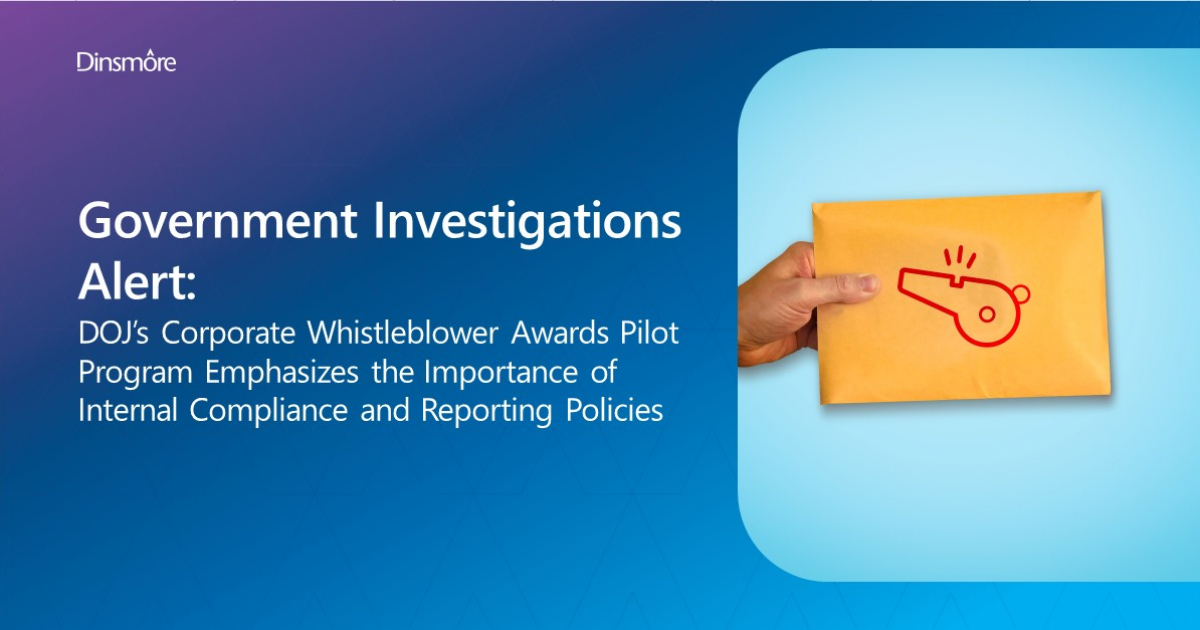
# New York’s 2010 Amendment to the False Claims Act: A Revolutionary Shift in Corporate Tax Enforcement
In the current economic landscape, fighting tax evasion and promoting fair tax compliance has become essential for governments and regulatory bodies worldwide. The federal tax gap—the discrepancy between taxes owed and taxes actually paid—was projected to reach a staggering $696 billion in 2022. Within this significant deficit, New York’s groundbreaking amendment to its **False Claims Act (FCA)** in 2010 represents a major achievement in fighting corporate tax fraud.
A recent report released in *Management Science* highlights how this amendment has triggered a rise in state tax compliance among businesses in New York, generating considerable revenue for the state. The law’s innovative aspect of motivating whistleblowers is said to have increased state tax revenue by **$281 million each year**, yielding a **return on investment that surpasses 3,000%**.
## Addressing the Tax Gap
To tackle the growing federal and state tax imbalances, lawmakers have explored various measures. New York chose a bold yet effective approach by revising its FCA to permit whistleblowers—often employees, contractors, or individuals with insider insights—to step forward and report corporate tax fraud. In return, whistleblowers are eligible to receive up to 30% of the recovered taxes. Crucially, the legislation includes safeguards to protect whistleblowers from retaliation, although enforcing these protections remains a significant hurdle.
This proactive approach to tax avoidance has not only uncovered previous fraudulent actions but has also acted as an effective deterrent against future evasion attempts by corporations.
## Evaluating the Impact
The researchers involved in the pivotal study evaluated the implications of the amendment by analyzing financial records from numerous companies subjected to the New York FCA between 2005 (prior to the law’s enactment) and 2015 (following its introduction).
Key findings reveal:
– Businesses impacted by the amendment raised their **state effective tax rates (ETR)** by **7.1%** on average.
– The most aggressive tax-reducing companies—those that had previously employed complex financial strategies to markedly decrease taxable income—increased their effective tax rates by **34.9%**.
These results illustrate the law’s dual effect: while all companies faced increased scrutiny, those that had actively evaded taxes were forced to implement even more substantial changes in their tax compliance protocols.
As noted by the study’s principal author, **Aruhn Venkat**, an assistant professor of accounting at Texas McCombs, “These whistleblower laws are effective, and they’re quite cost-efficient from a government standpoint.”
## Real-Life Success Cases
Several notable instances highlight the significant influence of the FCA amendment. For instance, in **2018**, the telecommunications conglomerate **Sprint** resolved a major tax fraud case by settling for **$330 million** with the state of New York. Out of that amount, **$63 million** was allocated to the whistleblower who brought the case to light by revealing Sprint’s failure to pay taxes on telephone services. This single case exemplifies how the law compels corporations to rectify their tax practices.
The research also emphasizes that the mere presence of the law serves as a strong deterrent. Even in the absence of numerous whistleblower cases, the potential risk of exposure motivates firms to reevaluate their tax strategies to reduce legal and financial risks.
As Venkat succinctly puts it, “Just the enactment of the law will discourage state tax avoidance. Therefore, whistleblower incidents are not the only deterrents for firms.”
## Obstacles and Constraints
Although the achievement of New York’s FCA amendment is evident, the study points out the legislation’s limitations. Companies maintaining only a minimal footprint in the state, such as those with few physical sites or limited employees, might opt to downsize or relocate to evade strict regulations. This issue, while acknowledged in the study, is considered a minor concern relative to the overall advantages of the law.
Furthermore, while whistleblowers play a crucial role in the law’s effectiveness, they face inherent risks. Venkat warns that despite legal protections for whistleblowers, retaliation continues to be a problem. “It can still be a tough deal for employees who blow the whistle, as they often get fired, even though that’s unlawful,” he clarifies. This highlights the necessity for more robust enforcement of anti-retaliation measures to guarantee that whistleblower protections are fully realized.
## Wider Implications
As other states and even the federal government seek to close their respective tax gaps, New York’s experience with its FCA amendment provides an insightful blueprint. The combination of incentivized reporting and institutional safeguards offers a cost-effective yet impactful strategy to enhance tax compliance, with implications extending beyond state lines.
States looking for strategies to combat tax evasion and ensure corporations contribute their fair share would benefit from considering similar measures while also prioritizing strong protections for whistleblowers to prevent retaliation.